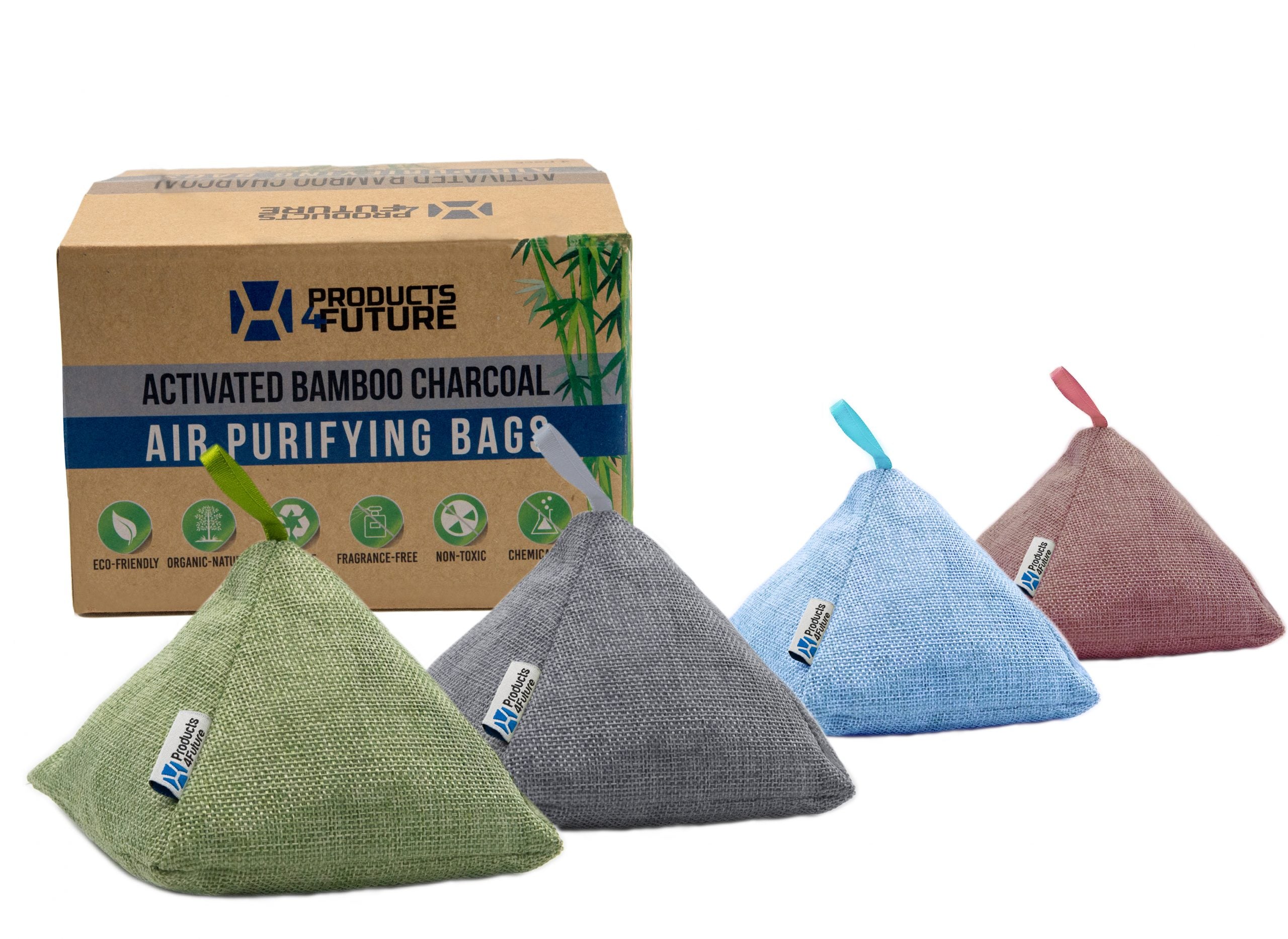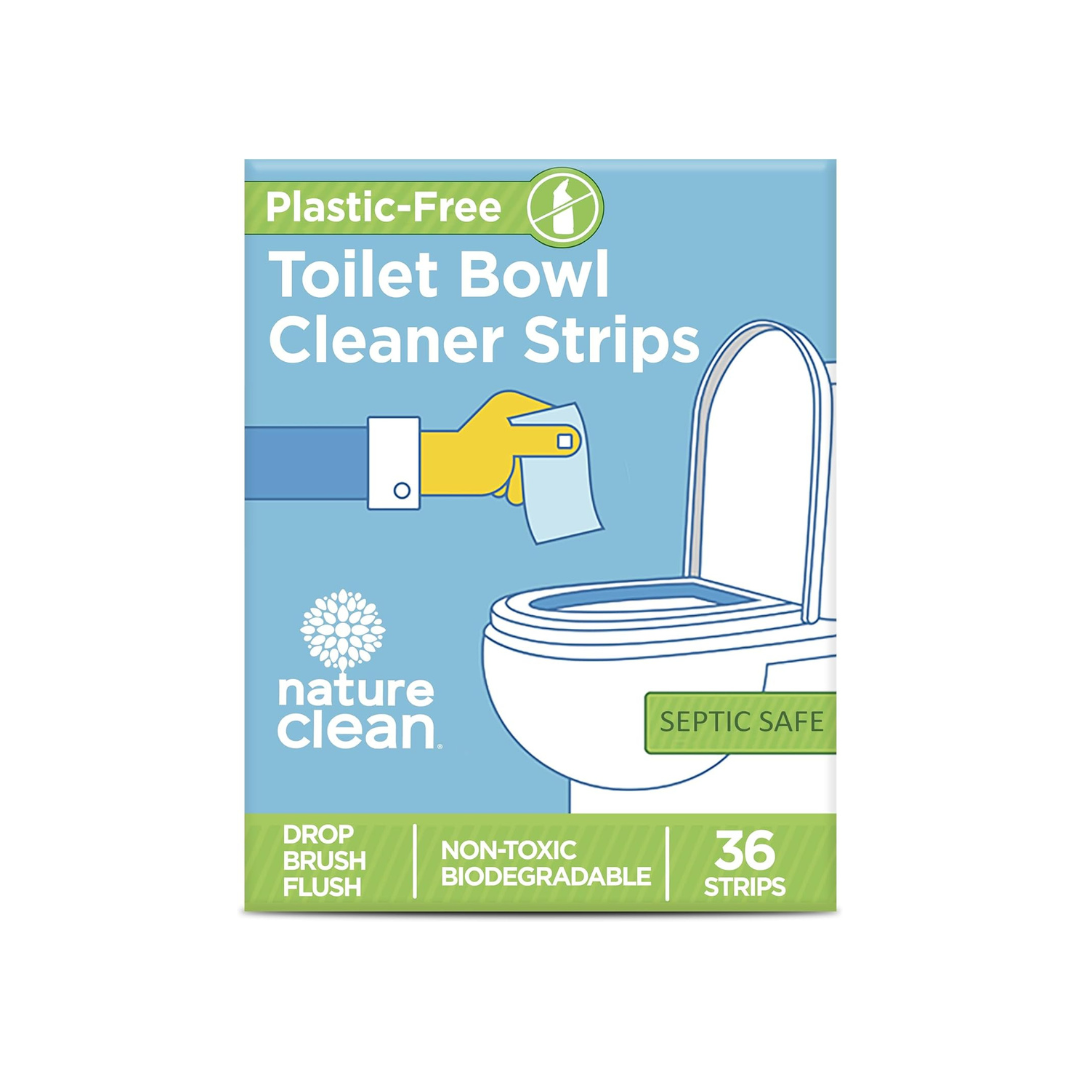Today we're diving into a significant global environmental event—International Plastic Bag Free Day. This annual observance takes place on July 3rd, a day dedicated to raising awareness about the considerable environmental threats posed by plastic bags and promoting alternatives that are kinder to our planet.
International Plastic Bag Free Day is not just a day; it's a global initiative that forms part of a broader movement against plastic pollution. It was conceived to bring attention to the overwhelming impact single-use plastic bags have on the natural environment, including our wildlife, sea life, and landscapes. The day encourages individuals, communities, and businesses to move towards sustainable practices by abandoning the use of plastic bags and embracing reusable alternatives.
The Importance of Observing This Day
Observing International Plastic Bag Free Day is crucial for several reasons. Firstly, it highlights the severe environmental issues caused by the pervasive use of single-use plastics. These lightweight bags often end up in our oceans, rivers, and landscapes, posing serious threats to marine and wildlife, which can mistake them for food or become entangled in them, often with fatal consequences.
Additionally, this day serves as a vital reminder of the power of collective action. By choosing to refuse plastic bags and opt for sustainable alternatives, each person contributes to a larger global impact, significantly reducing plastic waste and its environmental damage. It showcases the role of individual responsibility in tackling environmental issues and demonstrates how small changes in daily habits can lead to substantial environmental benefits.
Lastly, International Plastic Bag Free Day aligns perfectly with our mission here at Flora—to foster a community committed to sustainability. By supporting this initiative, we reaffirm our dedication to offering eco-friendly products and solutions that help our customers lead healthier, more sustainable lives without compromising convenience or quality.
The Impact of Plastic Bags on the Environment
Plastic bags, although convenient, wield a devastating impact on our ecosystems. Their lightweight and durable nature, while beneficial for carrying groceries, unfortunately, make them one of the most problematic pollutants on our planet. Let's explore how these seemingly innocuous items wreak havoc on our environment and look at some compelling statistics and facts about plastic bag pollution.
How Plastic Bags Affect Our Ecosystems
Plastic bags can take over 500 years to decompose, during which time they continue to affect terrestrial and marine ecosystems. Once discarded, these bags seldom make it to landfills; instead, they are more likely to be blown into waterways, trees, and oceans due to their light weight. Here, they pose severe risks to wildlife. Animals, both on land and in water, can mistake plastic bags for food. Consuming these bags can lead to intestinal blockages, starvation, and ultimately, death. Furthermore, as plastic bags slowly break down, they turn into microplastics that absorb toxins, further contaminating water, soil, and creatures that ingest them.
Plastic bags also contribute significantly to the visual pollution of our natural landscapes and can clog drainage systems, leading to floods and breeding grounds for pests and diseases.
Statistics and Facts about Plastic Bag Pollution
The statistics surrounding plastic bag pollution are as shocking as they are compelling:
-
Globally, we use about 1 trillion plastic bags each year, which equates to nearly 2 million bags every minute.
-
Less than 1% of plastic bags are returned for recycling. This low recycling rate means most of the plastic bags are left in the environment.
-
The United States alone uses over 100 billion plastic bags annually, which require 12 million barrels of oil to manufacture.
-
According to the Environmental Protection Agency (EPA), the average American family takes home almost 1,500 plastic shopping bags a year.
-
Research indicates that large quantities of plastic bags are found in the guts of marine species, with approximately 100,000 marine animals dying each year due to plastic bag ingestion.
These numbers not only illustrate the massive scale of plastic bag production and waste but also highlight the urgent need for change. As we continue to share insights and alternatives, remember that every small step towards refusing plastic bags contributes to a larger, positive impact on our planet. Let’s keep pushing for a cleaner, plastic-free world.
Conclusion
As we wrap up our discussion on International Plastic Bag Free Day, it's clear that the environmental cost of using plastic bags is too great to ignore. These ubiquitous items, while convenient, are responsible for severe ecological damage, affecting wildlife, polluting landscapes, and contributing to the growing crisis of plastic pollution. The facts and statistics we've explored today underline the urgency with which we need to address this issue.
Reducing plastic bag use isn't just about avoiding a particular type of waste; it's about rethinking our habits and our impact on the planet. It's about making conscious choices that prioritize sustainability and respect for the natural world. Each decision to refuse a plastic bag at the checkout line is a step towards cleaner oceans, less littered landscapes, and a healthier environment.
Call to Action for Readers
We encourage you to take this information to heart and act on it. Start by integrating reusable bags into your daily routine, support policies that limit plastic bag use, and educate others about the importance of making sustainable choices. Remember, change starts with awareness and is fueled by action.
For more insights, tips, and inspirational stories on how you can live a more eco-friendly life, visit Flora Blogs. Here, you'll find a wealth of resources designed to help you make informed decisions that align with your values of sustainability and environmental responsibility.
Together, let's make every day a plastic bag-free day and work towards a more sustainable future for our planet. Join us at Flora, where every small change contributes to a big difference.






































